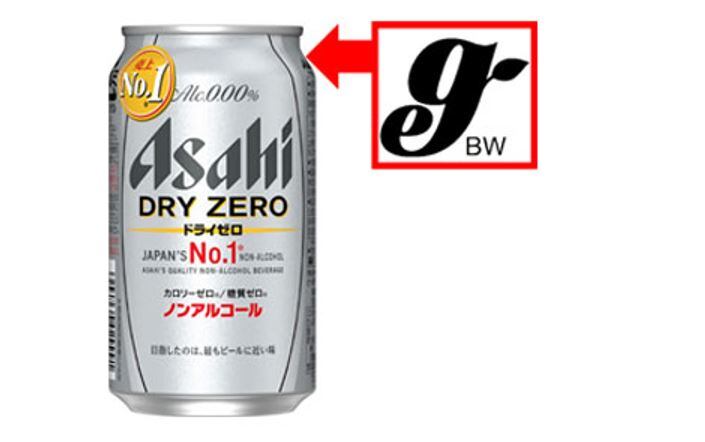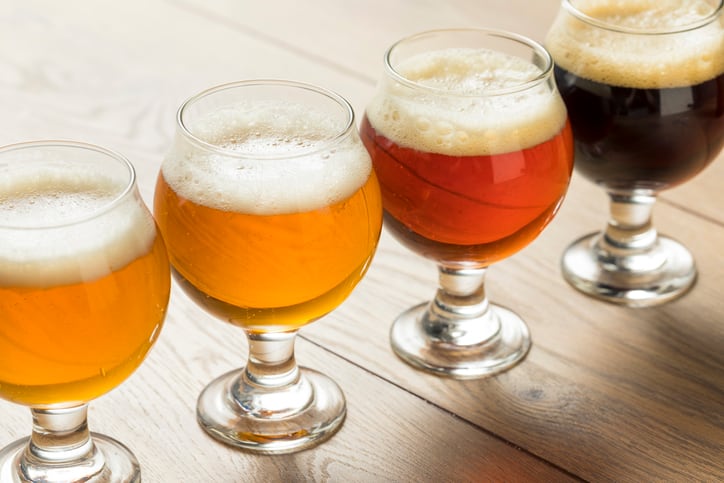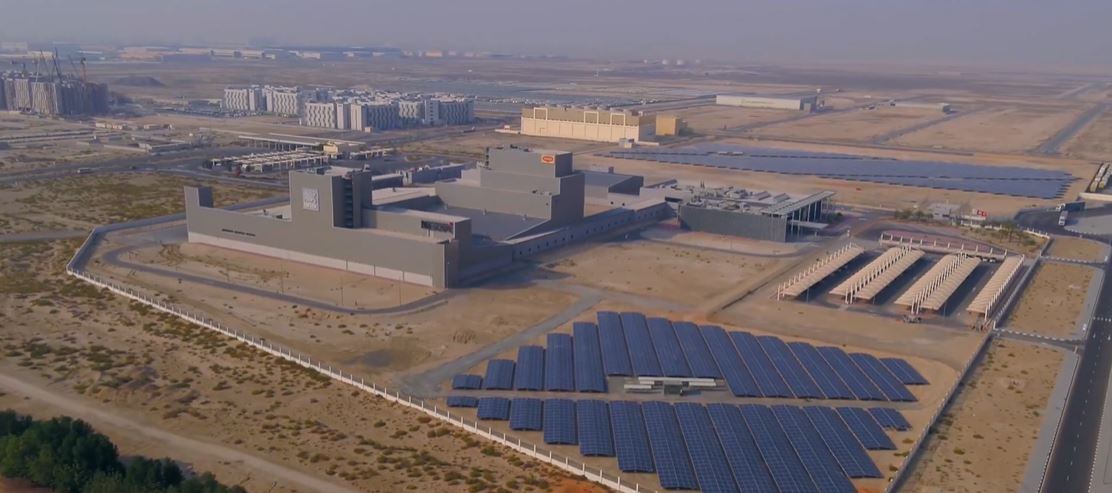The firm will procure the same renewable energy from Japan Natural Energy Company Limited, which is mainly derived from biomass and wind.
This move is part of Asahi Group’s vision to achieve zero greenhouse gas emissions in all its business activities by 2050. A shorter-term target is to reduce emissions by 30% by 2030.
Using renewable energy in producing Dry Zero is one of the ways to achieve the target.
Kristin Chiu, manager of the public relations section at Asahi Group Holdings said 9,300 tons of CO2 emissions would be reduced annually from the three products (Super Dry cans, Super Dry gift package, Dry Zero can).
She told FoodNavigator-Asia, the firm expects to procure 20.15 million kWh of green energy to manufacture the above products in 2020, which was a 119% increase compared to the previous year.
Green approval
The packaging of Asahi Dry Zero will display the green energy mark, established by the Japan Quality Assurance Organization (Green Energy Certification Center) which indicates that the product is manufactured using green power. The mark will be present on all packaging materials including outer packaging as well as on the can itself.
The new Asahi Dry Zero (350mL can) with the green energy mark will go on sale at the end of January 2020.
Going green
So far, no other products from Asahi are manufactured using renewable energy. Although, the firm is still working on its plan to contribute to a sustainable business as part of the Asahi Group Environmental Vision 2050 which was renewed in February 2019.
Chiu told us one example was Asahi’s lightweight beer can (350mL) which weighed 13.9g, 1g less than the existing 14.9g can. By using less aluminium, it is expected to help reduce annual Co2 emissions by 11,000 tons.
In Asahi’s soft drink business, it is also using rice ink to print the labels of Mitsuya Cider (1.5L PET bottles) instead of conventional petroleum-based inks.
The rice ink uses resin made of the waste produced when oil is squeezed from Japanese rice brans. This initiative is expected to reduce CO2 emissions by around 10 tons. Asahi is also planning to use more plant-derived materials for the labels (80%) as well as bottles and caps (30%).




